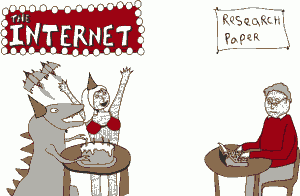Neophile links: Marx, Signifying, Leibowitz, Lezginkas
I read very quickly and am a hardcore neophile, traits that go well together. It makes me super happy to have tons of new information flying into my brain. Take these links, please, to help me close the tabs in my browser!
In perusing these documents, there is something that startles us even more than their contents—viz., their form. All these letters are “confidential,” “private,” “secret,” “most secret”; but in spite of secrecy, privacy, and confidence, the English statesmen converse among each other about Russia and her rulers in a tone of awful reserve, abject servility, and cynical submission, which would strike us even in the public despatches of Russian statesmen.
Gates makes powerful cases that these writers are working in tradition, building and extending and critiquing each others’ work. But it is not at all clear to me that Signifying in this theoretical sense represents a special sort of African-American literary influence distinct from other sorts of literary influence. Writers always build on the work of earlier writers. Later parts of the bible modify earlier parts, and the Hebrew bible reworks earlier Semitic traditions. Dante rewrites and modifies Virgil. Cervantes parodies chivalric romances in Don Quixote. It’s how writing works, and how art works, how culture works. African-American writers respond to other African-American writers, and other predecessors (Reed’s Mumbo Jumbo is obviously also in the broader tradition of modern/postmodern literature). Is Reed’s response to Black writers Signifying, and to other writers not? Or is the way that African-American writers respond to predecessors Signifying, as distinct to the way other writers respond?
It’s been a long time since I read The Signifying Monkey ! But I have a bit of a knee jerk response that signifying is one of many lenses to use for looking at intertextuality and shares some characteristics just as people refer to some kind of intertextuality as Talmudic in character. I also had some thoughts of feminist discussions of interrupted geneologies of literary and intellectual influence but couldn’t think who to cite. Direct influence can be hard to prove and it is a bit pointless to try in many cases. But we can say that a writer was writing within a likely context – or can skip that and say that reading them within a particular context we choose has meaning.
